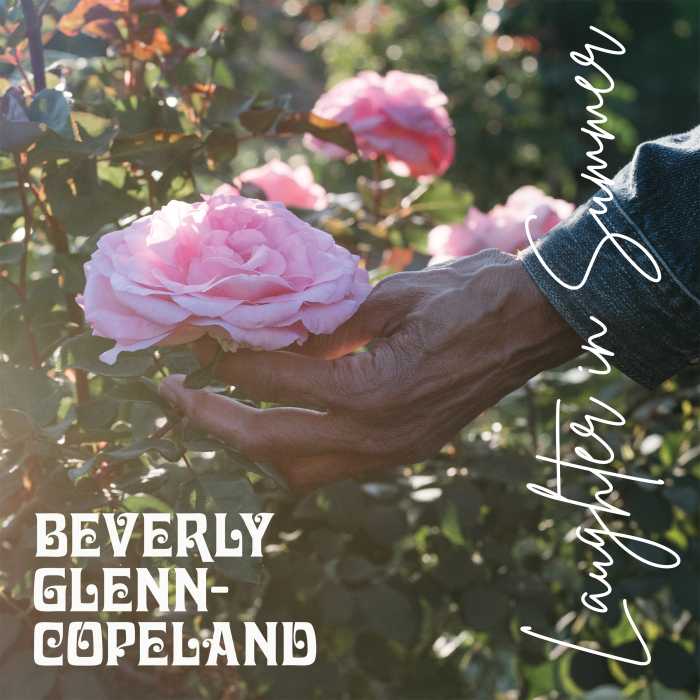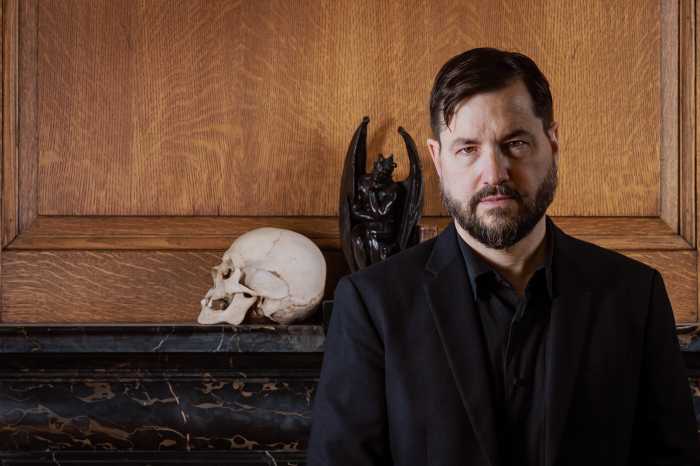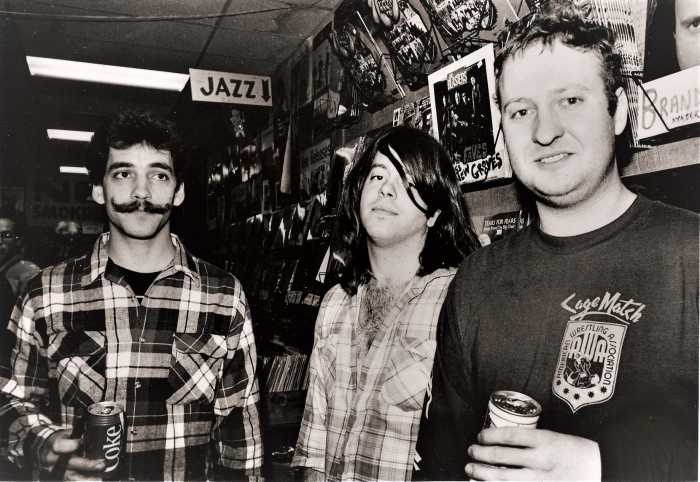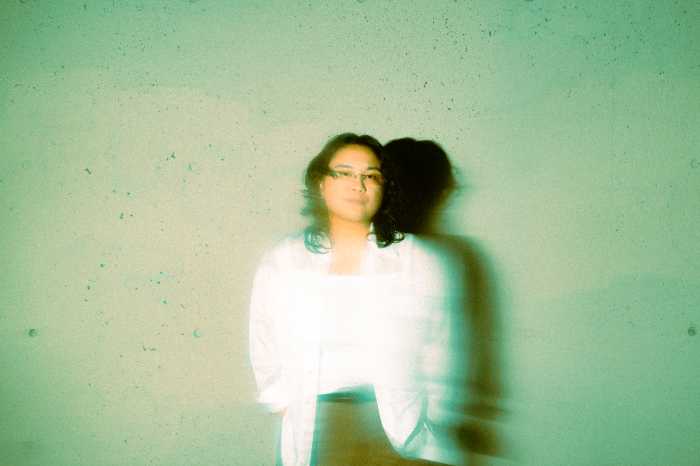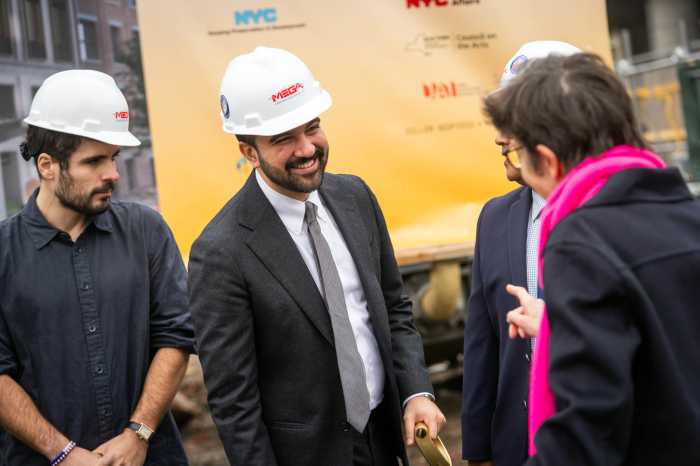Lush orchestration, house-filling voices make up for doggerel translation.
By: JAMES JORDEN | Although it was launched on Christmas Eve with plenty of family-friendly fanfare, the Metropolitan Opera's new production of “Hansel and Gretel” would seem an iffy proposition for a holiday evergreen.
For one thing, the wretched doggerel translation by David Pountney is largely incomprehensible except when false rhymes like “home” and “alone” grate on the ear. The production by Richard Jones, which originated at the Welsh National Opera a decade ago, updates the action to a more or less contemporary post-industrial era. Charm and delight are in short supply as the director underlines what he sees as the driving motif of the work, an examination of the effects of hunger on the human psyche.
This concept works well enough in the first act of the opera, and the last act generated genuine comic horror in a grimy industrial kitchen. The middle act, originally set in a haunted forest, loses focus when relocated to the great hall of a country house. The set design by John Macfarlane includes leaf-patterned wallpaper and a chandelier of deer antlers. Despite the presence of such odd apparitions as a squad of human-tree hybrids and a gaggle of giant puppet chefs, the scene lacks any sense of danger, or, for that matter, mythic portent.
Even James Levine rarely coaxes such beautiful playing from the Met orchestra as Vladimir Jurowski did here. At the December 29 matinee, the texture was rich without heaviness, every detail both clear yet smoothly blended. Jurowski has shaped the work's folksong themes with the intelligent sophistication of a great Lieder performer.
The luxurious casting of Alan Held as Peter paid off with voluminous, house-filling singing without even a hint of strain. On the same high level was mezzo-soprano Alice Coote as Hansel, her voice solid and colorful. Coote is not exactly a beauty; in fact, with her cropped hair and baggy shorts she resembled the young Tom Hulce in “Animal House.” But that's all to the good when playing a gawky pre-adolescent boy.
Even when her tenuous middle register receded behind Humperdinck's lush orchestration, Christine Schafer (Gretel) matched Coote in her unsentimental portrayal of a child. Alas, even in expensive effects makeup, tenor Philip Langridge did little with the richly comic character of the Witch. At best he gave us Captain Vere in Mrs. Slocombe drag. In a sweet-voiced turn as the Dew Fairy, Lisette Oropesa persuaded this listener she should soon succeed Schäfer as Gretel.
The presence of the voiceless Rosalind Plowright in the supporting role of Gertrude demonstrates the folly of the Met's notoriously Britcentric artistic administration. Surely there are dozens of equally over-the-hill American mezzos who could have shrieked the role just as atonally.
For that matter, the Met's roster boasts the presence of perhaps the world's most prodigiously gifted dramatic mezzo-soprano, Stephanie Blythe. On January 7 she introduced her Fricka to New York audiences in the season premiere of “Die Walkere.” Her velvety instrument soared triumphantly over the high tessitura of the role and she even transformed an accidental fall onstage to a vivid acting moment.
Soprano Adrianne Pieczonka offered an exquisitely musical Sieglinde, contrasting nicely with the beefier tenor tones of Clifton Forbis as Siegmund. The voice of James Morris (Wotan) still rings out commandingly, which is more than can be said about Mikhail Petrenko's lightweight Hunding. Lisa Gasteen (Brunnhilde) was having an off night; even her campy overacting could not distract from a seriously frayed voice.
Gasteen might have floundered entirely had she not enjoyed the support of the legendary maestro Lorin Maazel, returning to the Met for the first time since 1963. Maazel led a passionate account of Wagner's score that highlighted rich orchestral sonority at the occasional expense of his singers' clear projection. Familiar excerpts such as the Ride of the Valkyries and the Magic Fire Music sounded fresh and newly-minted. Less successful were more introverted passages, where the conductor slowed the tempo to virtual stasis. Occasional disagreements between stage and pit suggested that this evening's performance might best be understood as a work in progress.
If one is inclined to indulge the idiosyncrasies of a legendary septuagenarian like Maazel, the willful distortions of “Un ballo in maschera” by Gianandrea Noseda are subject to harsher judgment. On December 21 he worried the score to death with fussy tempo changes and arbitrary highlighting of instrumental solos.
Perhaps understandably, the evening's vocalism rarely rose above the perfunctory. Michele Crider (Amelia) and Salvatore Licitra (Gustavo) made an odd couple of illicit lovers — she sang efficiently but without passion, whereas he performed with the uneven enthusiasm of a gifted amateur. In his Metropolitan debut, baritone Marco Di Felice revealed a fresh if undistinctive baritone voice. Blythe's lavish mezzo was, if anything, a trifle too elegant for the wild-eyed Ulrica. On the other hand, “elegant” is that last thing anyone would call Ofelia Sala's shrill Oscar.
James Jorden is the editor of parterre.com.

